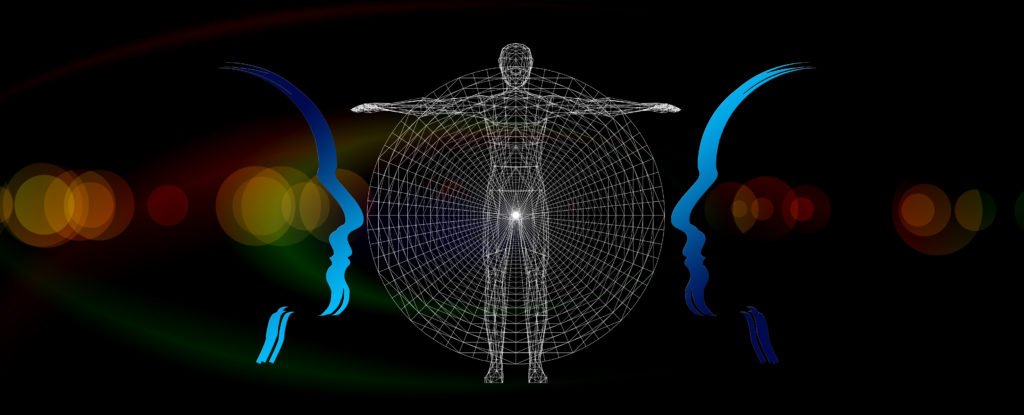
Wouldn’t you just love to be able to jump into the head of your viewer and know exactly why they do or don’t want to buy your property? Do you ever get the impression that, whatever they say, they don’t actually even know themselves? In many cases, you’d be absolutely right. The psychology of home buying is complicated but not impossible to grasp.
The key factor to bear in mind us when it comes to homes, we buy with our hearts, not our heads. We may have a list of essential requirements i.e. size, price, location etc which we will be guided by but when it comes to choosing which home to buy, our emotions take over. Here are a few insights into the psychology of home buying that can help you get into the head of your prospective buyer and ahead of the game.
1. Heart over head
One of the key psychological phenomenon to influence our buying decisions is that the more complex and important the choice, the more likely it is to be made by our subconscious rather than conscious mind. So, making a simple decision on, for example, which socks to buy, is made using logic and reason based on physical needs and personal preferences. The big decisions like what home to buy are made using our subconscious mind, our emotions.
2. The power of the primacy effect
Or what we more commonly refer to as ‘first impressions’ count. The first emotion we feel is the emotion that remains dominant regardless of subsequent information received. So not only are we led by our emotions when buying a home, but it’s the first, the immediate, emotional connection that sticks. The connection will be a positive one, or a negative one and is unlikely to change whatever new information is presented As quoted by Buzzbuzzhome in their article on the psychology of home buying “people buy on emotion and justify with logic afterwards” however, in many cases, the subsequent logic doesn’t alter the emotion. Hence – there’s never a second chance to make a great first impression!
3. The 3 biases: confirmation, accessibility and anchoring and adjustment
These three cognitive biases play a critical part in influencing our purchasing choices and in the psychology of home buying.
- Confirmation bias: the tendency for our subconscious mind to reinforce what we ‘feel ‘as being the truth. So, if we fall in love with a house because all emotional triggers tell us ’it feels right’, we will ignore the factors that would normally put us off such as the bad smells, dripping taps and dark rooms. In other words, ‘love is blind’.
- Accessibility bias: the tendency for the most accessible brands or products to be perceived to be the most valuable. So, the properties with the highest visibility, both physically and on line, are likely to attract a highest number of viewings and the best sales.
- Anchoring and adjustment bias: the tendency to judge a product in relationship to previous products seen. So if you see a half decent property after seeing several very undesirable properties, the half decent property will appear to be far more decent than it actually is!
4. The nose has it
As stated in a study on the influence of the senses by Martin Linstorm ““Almost our entire understanding of the world is experienced through our senses.” Our senses trigger emotional responses that can be positive or negative. Some triggers are common to most people and some will be personal based on individual memories and experiences. We can’t easily adapt our properties for individual sensory preferences but common preferences should definitely be foremost in our minds when preparing our homes for sale. Positively engaging as many of the senses as possible, whether it be sight, smells, warmth or noise, can make a real difference to whether your property sells. Or not.
5. Property selling as a three pronged approach
As Marketing MO sates in their article on Understanding the Psychology of your Buyer, “marketing is about persuasion: creating the impression you want to make, eliciting a specific feeling or response, and then enticing the person to take action”. In the case of property selling, that means:
- Knowing the physical characteristics or your ideal buyer’s ideal home i.e. style, décor etc
- Understanding what your buyer wants to feel when they step into their ideal home i.e. space, warmth, aspiration.
- Creating a situation that will encourage your buyer to make their best offer as soon as possible i.e. open house viewings, smart negotiations.
6. Home as a status symbol
As indicated above, understanding your buyer persona is critical for achieving the best sale i.e. who are they, what are their interests, what motivates and inspires them. The JStor study into the psychological factors that influence home buyers’ decision making outlines how, for many, our home is a reflection of our social status. It influences how we see ourselves and how we are seen by others. As we are all too aware, poor housing conditions can lead to poor mental and physical health. So, the greater our buying power, the higher our expectations for a good quality of life. And the more aspirational the home, the more we are willing to pay for it. Home buyers are investing in a lifestyle, not just a home.
Janine Shalev is a professional property and home stager at JS Property Staging. She transforms empty properties into spaces that prospective buyers or tenants would love to call home.
We would love to help you get a great sale for your property.
More to read:
7 easy home staging tips to maximise the sale of your home
A Theory of Unconscious Thought